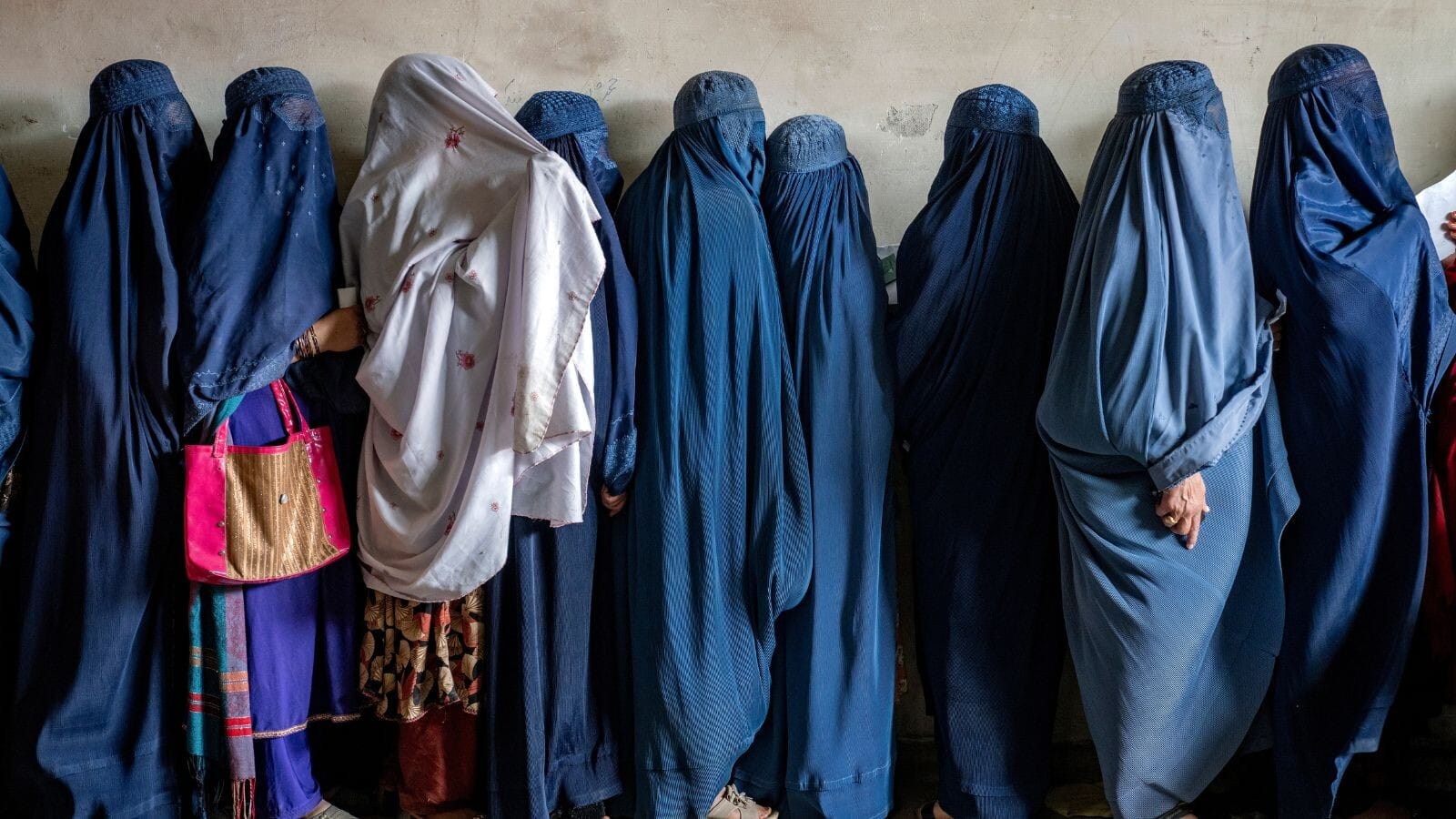
Explained: New Taliban law banning women from hearing each other
What's the story
The Taliban regime has now banned Afghan women from praying aloud in front of each other. Taliban minister Mohammad Khalid Hanafi, responsible for the propagation of virtue and prevention of vice, advised that "women should avoid reciting the Quran audibly when around other women." Hanafi added, "When women are not allowed to call Takbir or Azan...they certainly cannot sing songs or enjoy music."
Experts speak
Broader implications of the ban
According to The Telegraph, Hanafi claimed that a woman's voice is considered "awrah"—something that must be concealed—and should not be audible in public, even among other women. While this order currently targets prayer, experts warn it may restrict women's broader freedom to speak openly. Human rights advocates fear that this mandate could limit women from conversing freely with one another, intensifying their exclusion from public life.
Restrictive measures
Ongoing oppression of Afghan women under Taliban rule
This latest decree is one of the many oppressive measures imposed on Afghan women since the Taliban regained control in 2021. In August, the regime mandated women to wear full-body coverings—including face veils, in public. Female healthcare workers are among the few Afghan women allowed to work outside—but they face strict communication restrictions. A Herat midwife said they "don't even allow us to speak at checkpoints on ...way to work...in clinics...we're instructed not to discuss medical issues with male relatives."
In August
Taliban's 'vice and virtue' laws issued earlier this year
To recall, in August, the Taliban issued new "vice and virtue" laws mandating that women fully cover their bodies and faces in public to prevent male temptation. The laws further state that women's voices are seen as potential sources of vice—thus prohibiting them from being heard publicly, including singing or reading aloud, even at home. "Whenever an adult woman leaves her home out of necessity, she is obliged to conceal her voice, face, and body," the decree specifies.
Women's rights
Taliban's track record raises global concerns
The Taliban's history of curbing women's freedom of speech and pushing them out of public life has raised global concerns. Their record includes barring girls from secondary school, limiting women's access to work and education, imposing strict clothing guidelines, and arbitrarily detaining women for "moral corruption." The actions have also resulted in a rise in child, early, and forced marriages. Human rights advocates worldwide are alarmed as the restrictions continue to escalate, making the situation for Afghan women increasingly precarious.